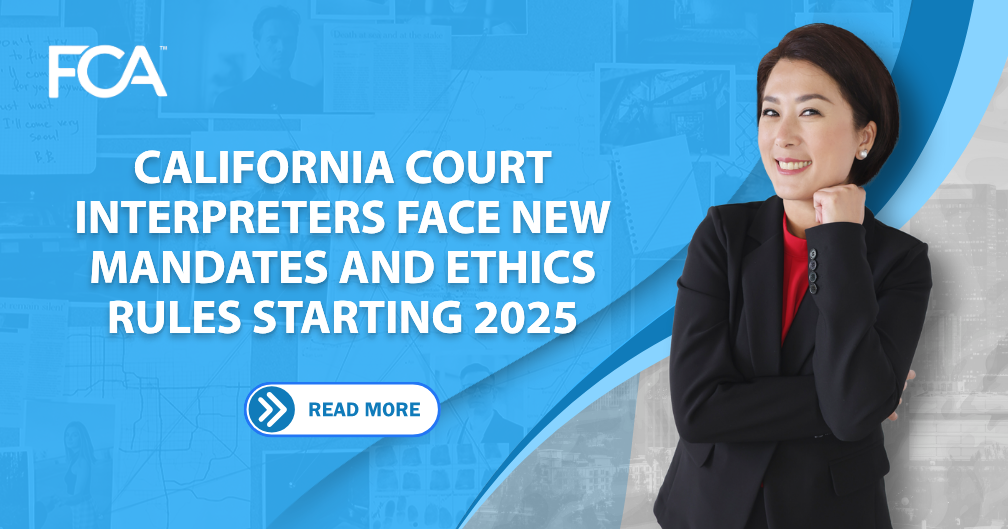Litigation funding allows plaintiffs to pursue a lawsuit by providing them with the capital they need. This capital is provided by a third party who is unrelated to the lawsuit or claim. In return, the funding company receives a portion of any financial recovery obtained from a settlement or court judgement.
Funding companies often make it easy to apply online, get fast approval, and receive funds quickly. At Fund Capital America, we get your funds to you within 24 hours of speaking with your attorney and approving your request. But how does the litigation funding process work and what are the principles behind it?
Increasing Access to the Legal System
In the U.S., legal funding has been around for over two decades. It has quickly become mainstream as it’s given more people access to the legal system. Litigation funding does not work like a traditional loan. The funds are not attached to any personal possession, but instead the value of any future settlement.
Litigation funds are paid back when you receive a settlement from an insurance company or at-fault party. They’re considered non-recourse. This means if you don’t receive a recovery from the lawsuit, you won’t be required to pay back the lender. A win would mean a predetermined portion of the damages recovered would be subtracted before you receive the final amount.
For a plaintiff that otherwise couldn’t afford to pursue litigation, litigation funding:
- Allows them to pursue any case that has merit.
- Provides capital to continue a case despite funding constraints.
- Enables companies to better manage litigation costs.
- Provides access to higher quality legal resources.
- Helps cover personal expenses, including rent, medical bills, groceries, family obligations, etc.
Attorneys and law firms benefit from lawsuit funding as well. It enables them to accept cases from plaintiffs who couldn’t otherwise pay their fees. There’s also a lower risk the client will run out of funds during litigation. The plaintiff will likely be more devoted to their case as they have the financial resources they need, while an attorney or law firm can offer a more flexible payment arrangement.
Legal funding also helps achieve recoveries that better reflect the damages a plaintiff has suffered.
Doctrines of Litigation Finance
Third-party litigation financing was historically prohibited in the U.S. In a more modern view, courts see it in a more favorable light. Related doctrines include maintenance or an arrangement in which a party supports another to enable them to pursue a legal claim. Another is Champerty, a form of maintenance in which an unrelated party bargains with the litigant to support the litigation, in exchange for a share of the proceeds from the claim. Barratry is another. It means that one party is encouraging another to bring or continue their legal claim.
While these refer to outdated doctrines of medieval England, there are now various other means to prevent abuse of the legal system. Exceptions are available because financial constraints often influence access to the justice system.
Other legal concepts that factor into litigation funding include the attorney-client privilege. It prohibits the disclosure of communications between a client and attorney to the opposition. In addition, work-product immunity protects the materials that attorneys and third parties prepare ahead of litigation from discovery. Courts have often ruled that litigation finance transactions preserve these protections.
Contact Fund Capital America to Learn More
A look at the inner workings of litigation funding is helpful to those who don’t fully understand it. Plaintiffs can find that getting a non-recourse advance on their case provides a great deal of flexibility. At Fund Capital America, you’ll get quick approval and same-day funding, while paying nothing out of pocket or any upfront fees. If your case wins, funding is repaid based on the terms of your contract.
Feel free to apply today. To speak with our team and learn more about how litigation funding works, call 855-870-2274.



